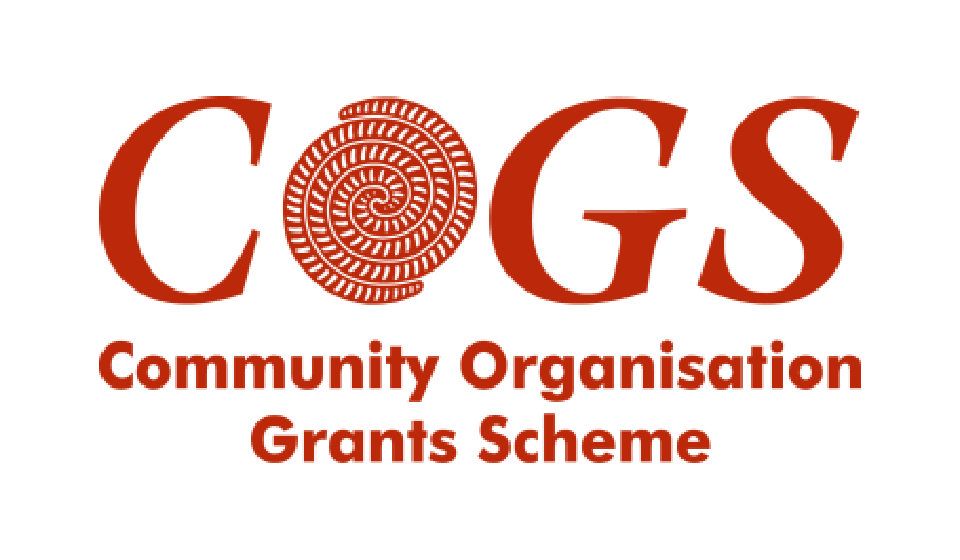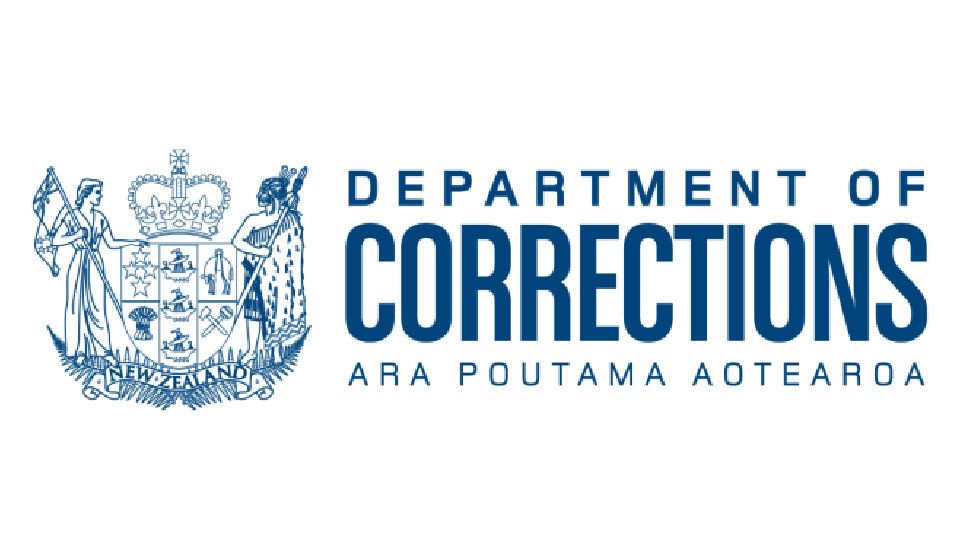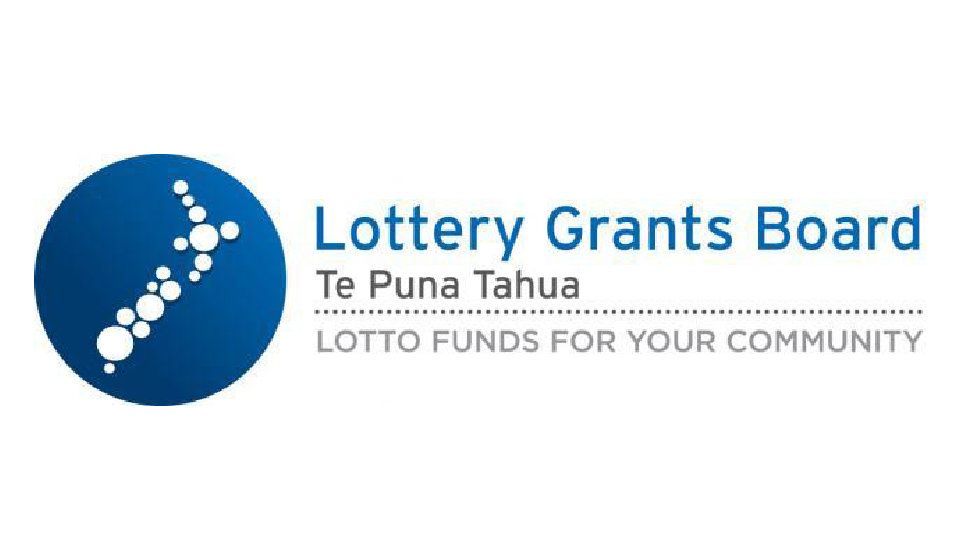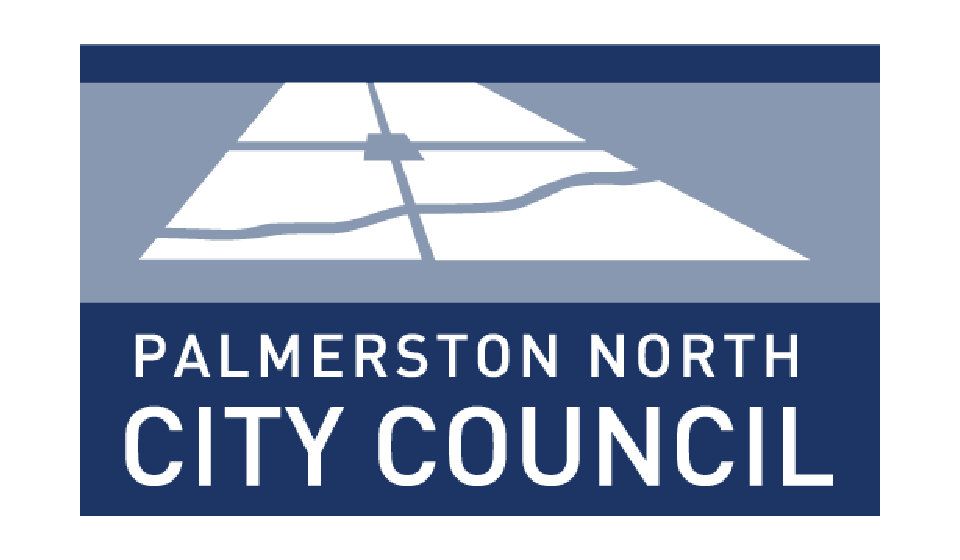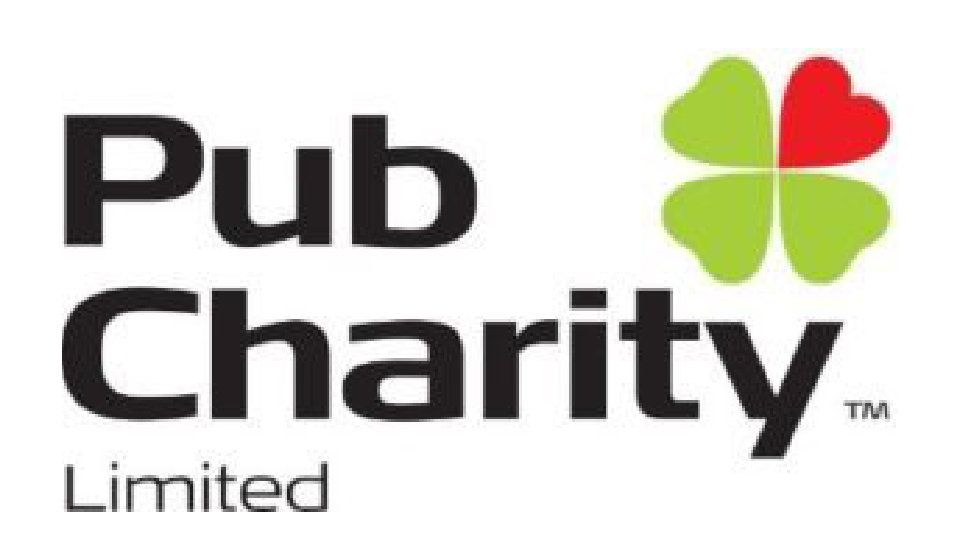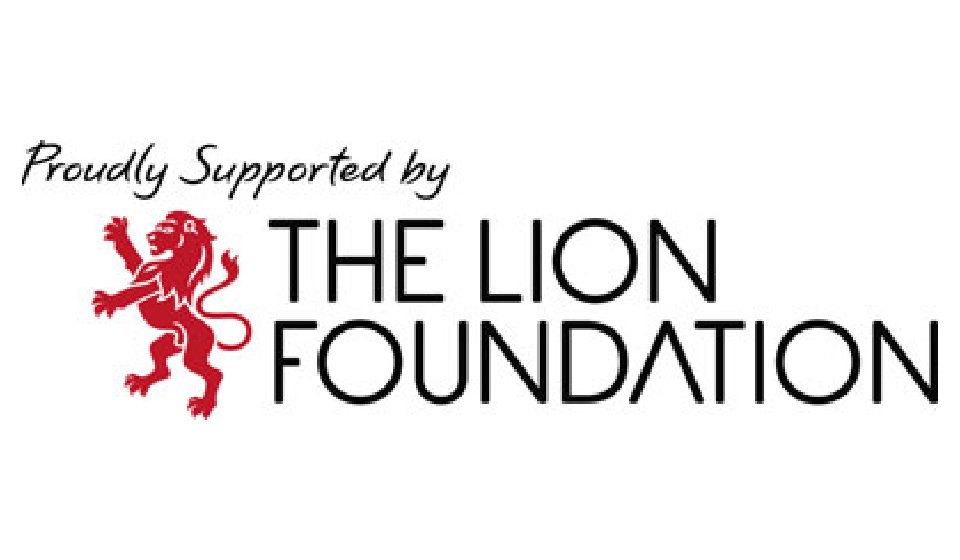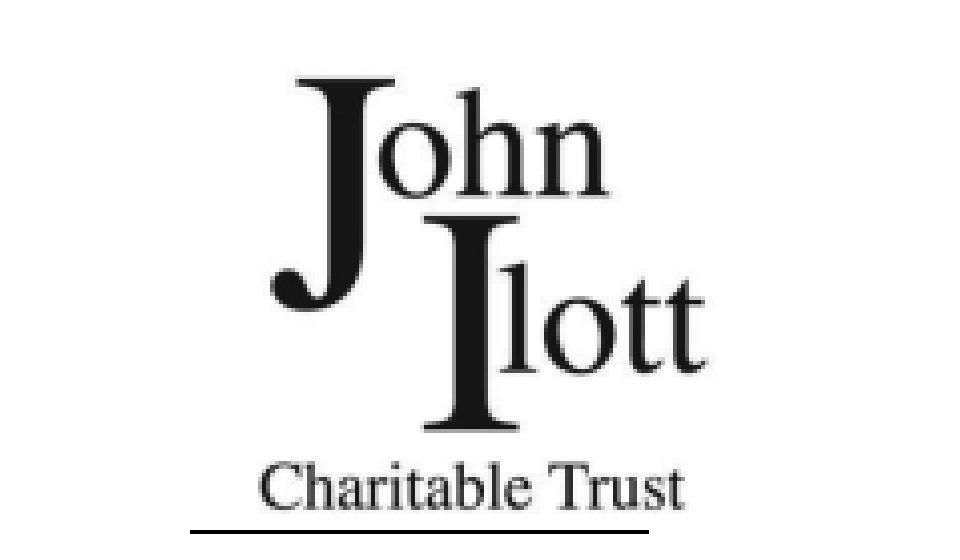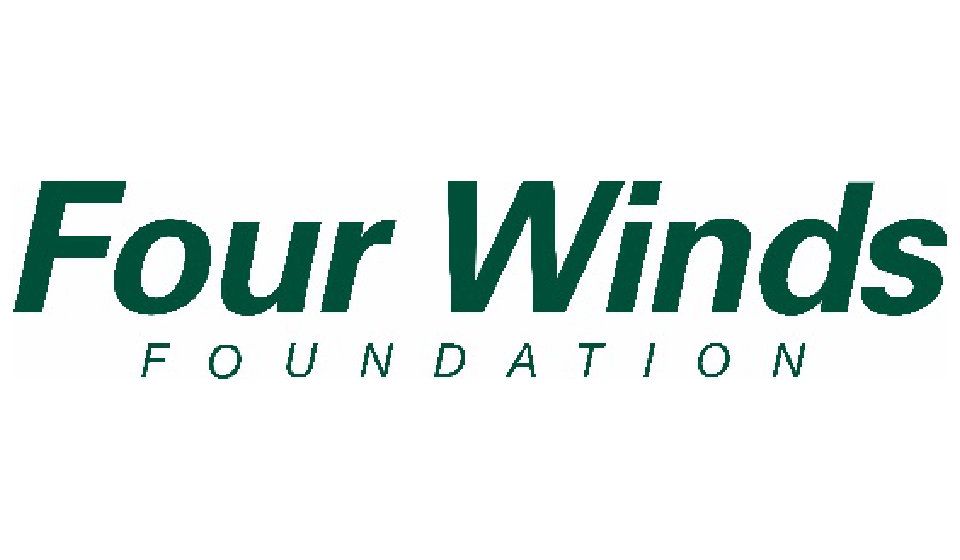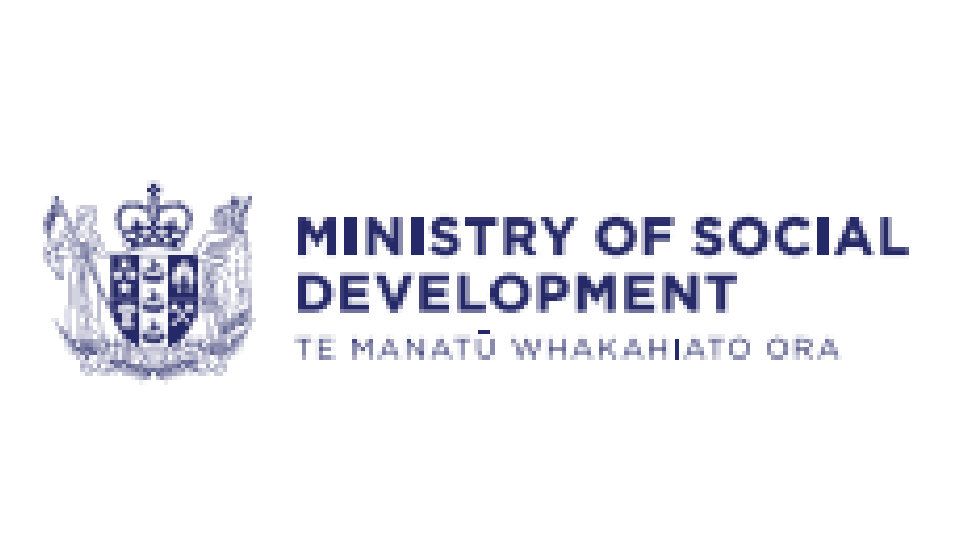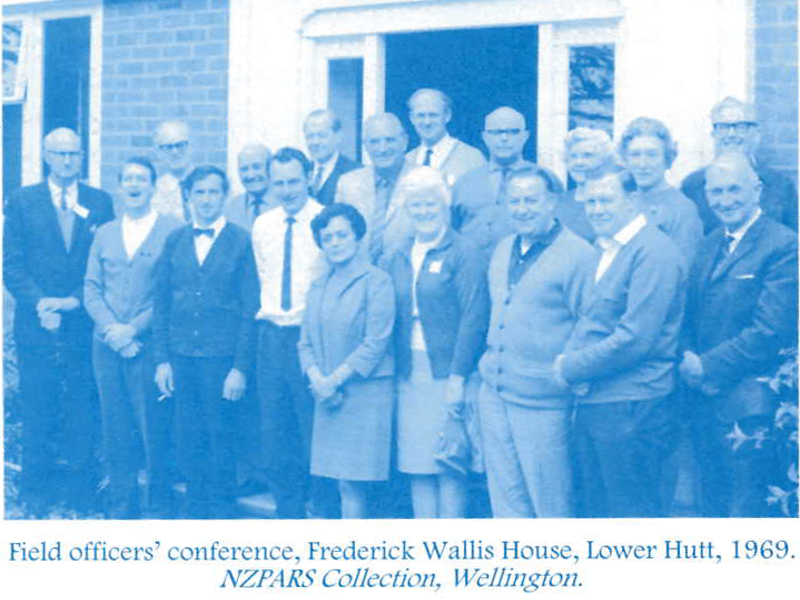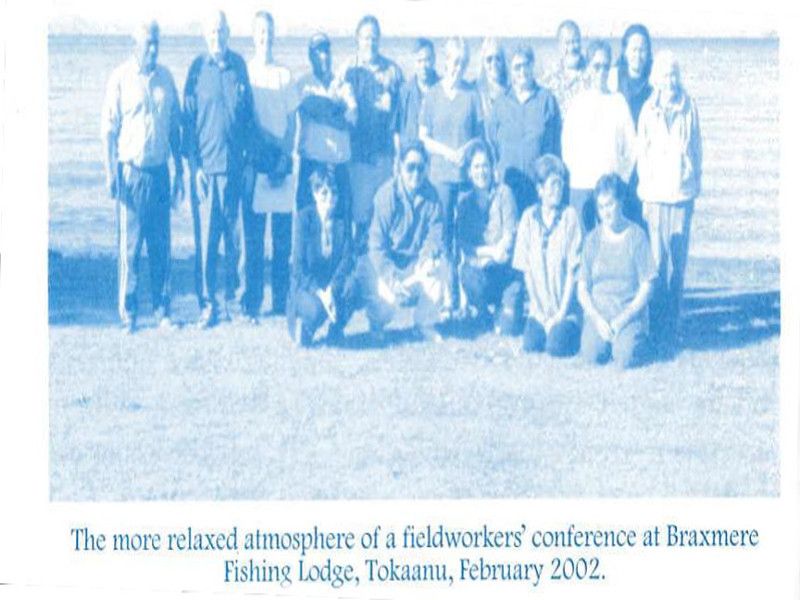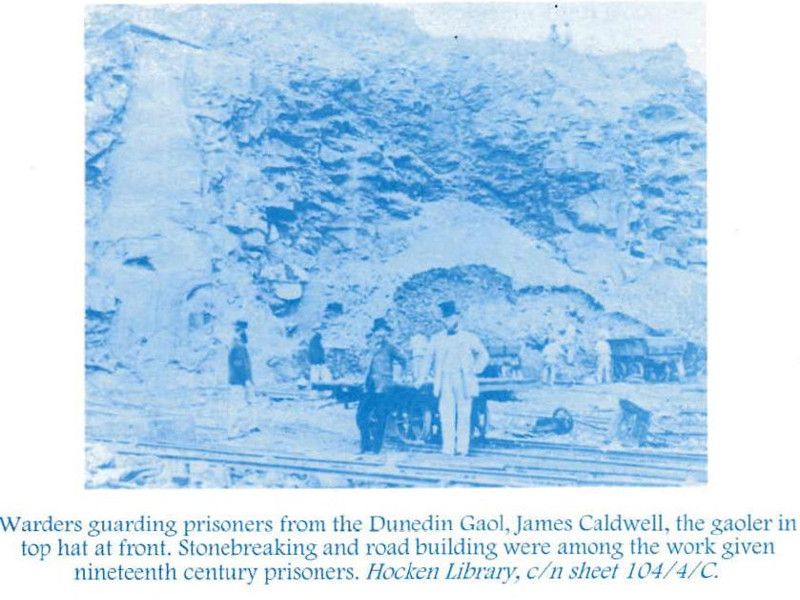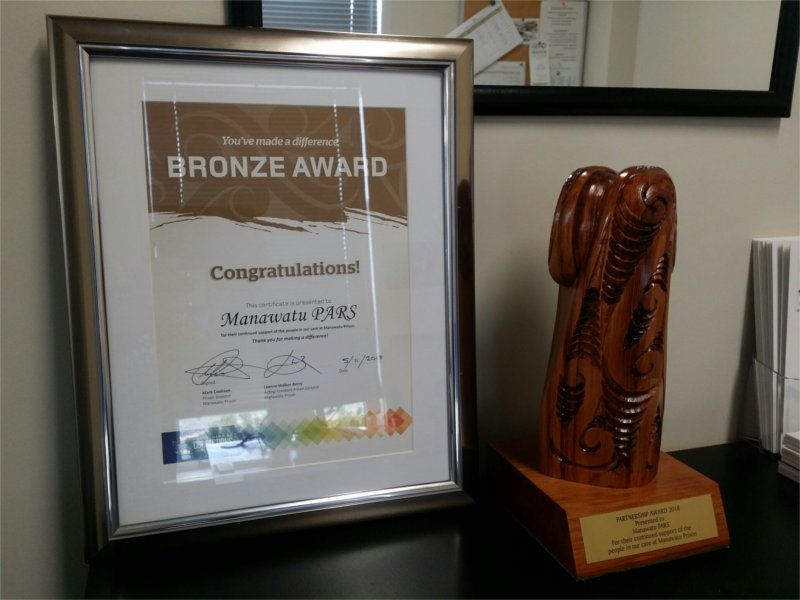Who are We
Manawatu Prisoners Aid and Rehabilitation Services
Prisoners Aid and Rehabilitation Services originated in Dunedin in the 1880’s. This makes PARS one of the oldest social services in New Zealand. All PARS Services in New Zealand are separate entities, although all have similar missions and goals.
Manawatu PARS was established in 1959 and celebrated sixty years of prisoner reintegration in May 2019.
Manawatu PARS works to reduce offending by providing support and reintegration services to offenders and their families/whanau
The Objects of Manawatu PARS
Manawatu PARS Constitution states the objects of Manawatu PARS as being -
(A) To support the community by promoting positive change in those who have become involved with the criminal justice system and thereby working to make our community crime-free.
(B) To promote the welfare of prisoners and offenders and provide support and reassurance in their rehabilitation and reintegration into the community during imprisonment, parole and upon release.
(C) To support the families and whanau of prisoners and offenders while they are imprisoned and during the process of reintegration back into the community.
(D) To foster the development and growth of volunteerism and groups of volunteers sharing any or all of the society’s objectives.
(E) To respect the cultural diversity of New Zealand society and endeavour at all times to perform the Society’s objectives and functions in a manner culturally appropriate to any individual prisoner or offender, their family and cultural grouping.
Manawatu PARS Core Principles
All persons -
- should be treated equally, be afforded equality and be treated with respect, not only within the community as a whole, but especially also when involved in the Criminal Justice System (CJS)
- should be supported in developing their self-esteem and mana, whilst becoming conversant with, and secure within, their own culture
- should be responsible for their actions and the consequences of such actions
- should continue at all times to maintain their basic human rights.
PARS -
- should accept that many of the causes of crime lie within the community and its conditions
- should recognise that custodial sentences are the sanction of last resort and the least constructive response to criminal offending
- should accept that the most constructive responses to criminal offending are to be found in community based sentences
- should recognise that, when a custodial sentence is imposed, it is the deprivation of freedom which is the punishment, and that such a sentence should never be used as a reason to impose punitive or harsh conditions on offenders or to deprive offenders of rights, whether whilst offenders are in custody or following their release
- must accept that all prisons and custodial institutions (‘prisons’), and the conditions of containment of offenders within them, remain the responsibility of the State
All offenders should have -
- a fair and constructive response from the CJS, including allowing access to restorative and marae-based justice processes
- freedom of access to reintegration and rehabilitation services, whether within or outside prison
- access to appropriate cultural, educational, health, alcohol and drug counseling and treatment, employment, recreational and leisure services and, where appropriate, pre-release programmes
- access to a range of appropriate support and accommodation services in the community, whether serving a community based sentence or on release from a custodial sentence.
Manawatu PARS seeks to -
- ‘normalise’ the custodial parts of the CJS, by creating links between the community and persons serving custodial sentences, and especially by volunteers, engaged and trained by Manawatu PARS, being freely able to enter Manawatu Prison in order to provide services and support to offenders
- encourage offenders to contribute positively, both by themselves and alongside their family and whanau, towards the resolution of their own problems and their reasons for offending
- strive to achieve throughout New Zealand an increase in the range and the extent of delivery of all reintegrative, rehabilitative and other like services and programmes throughout the CJS, both within and outside of prisons
- deliver effective ‘prisoner aid’ services, including information, education, assistance and advocacy services, in an efficient, supportive and culturally sensitive manner, through the use of both Manawatu PARS employees and trained volunteers and, where appropriate, in collaboration with other organisations having objectives consistent with those of Manawatu PARS.
Led by a voluntary Governance board, PARS services are delivered by paid and volunteer staff in Manawatu, Levin, Wellington and Hawkes Bay.
Our current board: Syd Easton, Chris Dungan, Carol Irvine, Sandra Owen, Priscilla Carston & Suzanne Carpenter
We are funded through a range of sources including Department Corrections, Local Government, COGS, Lotteries and other philanthropic trusts throughout the region.
Our Supporters
